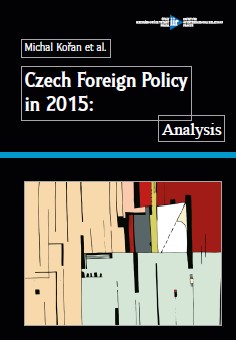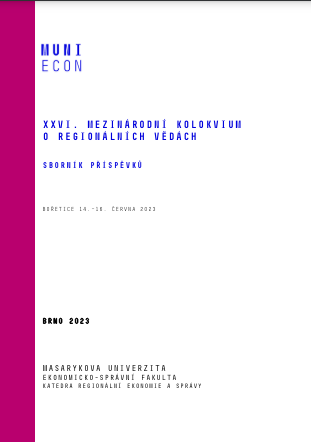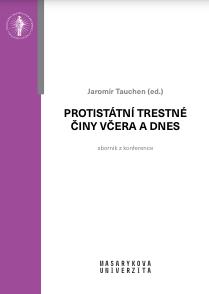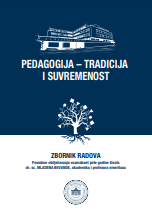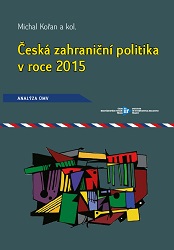
Státy Východního partnerství v české zahraniční politice
Východní politika patří k dlouhodobě deklarovaným prioritám české zahraniční politiky. I když v roce 2015, zejména v jeho druhé polovině, dominovala diskusi o evropské politice sousedství uprchlická krize, podařilo se dosáhnout několika posunů i v politice východní. Za nejzásadnější možno považovat pevné ukotvení východní politiky jako priority ve všech nových koncepčních dokumentech, přičemž v zahraničněpolitické koncepci je východní Evropa spolu se západním Balkánem definována jako součást euroatlantického prostoru. Tyto změny vycházejí z programového prohlášení vlády ČR přijatého v roce 2014, ve kterém se zavázala chápat EU jako základní rámec české zahraniční politiky.
More...
